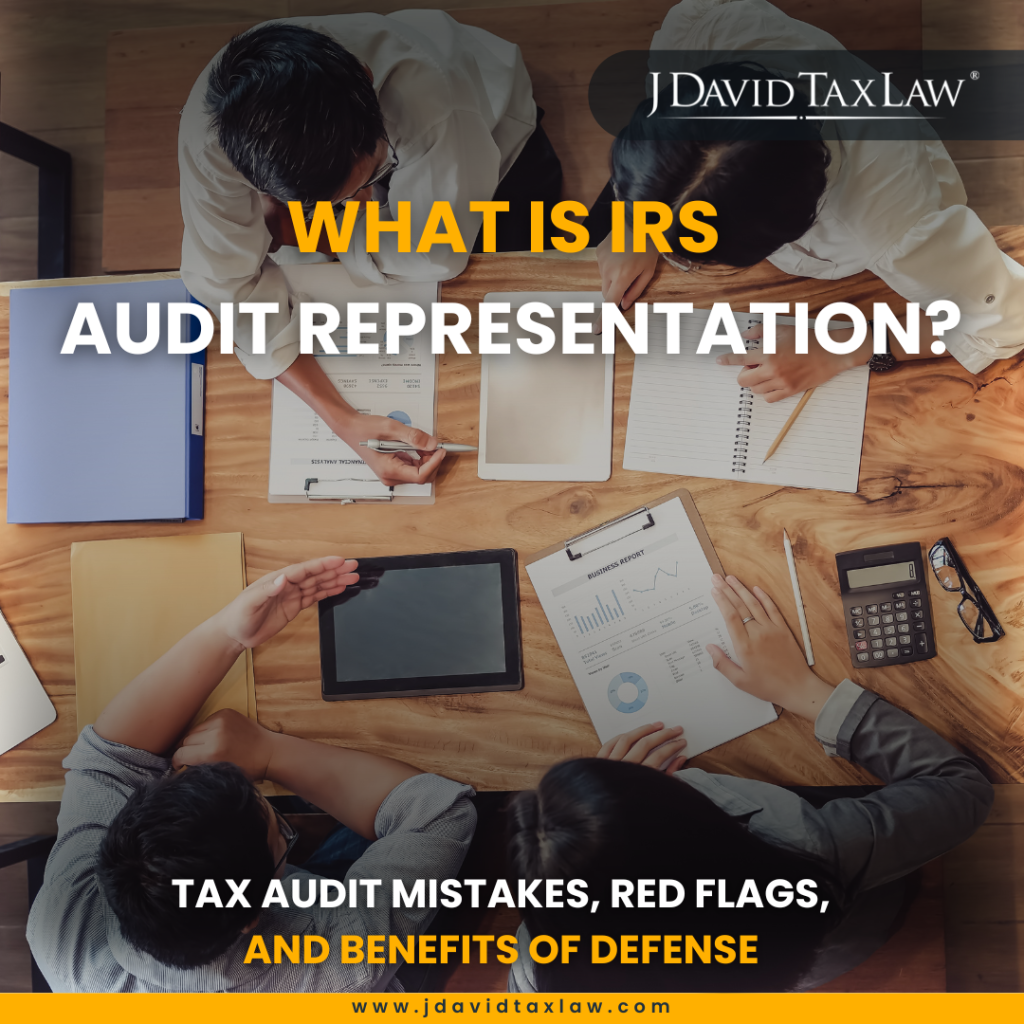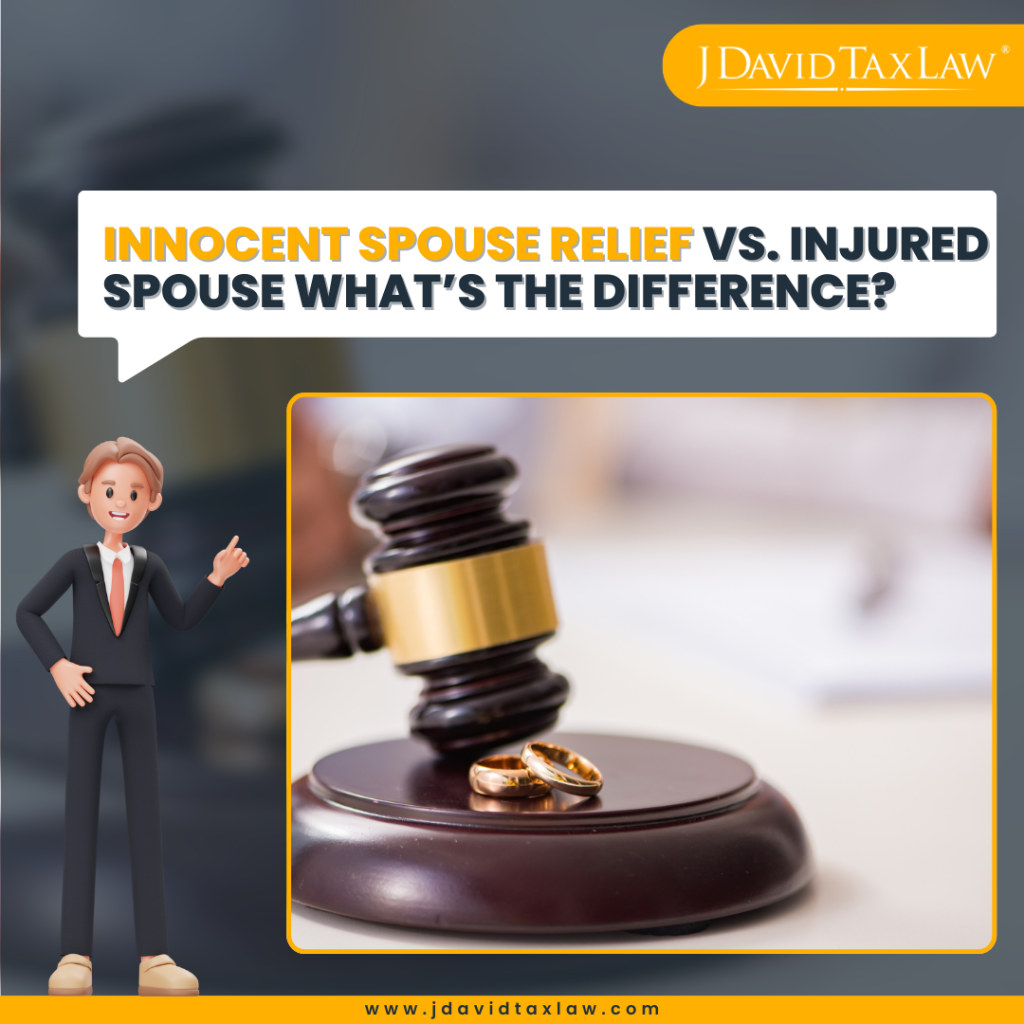Recent headlines highlight efforts to eliminate taxes on tips. Proposals such as New York’s SB 587, North Carolina’s HB 11, and the October 2, 2025 federal IRS guidance deadline have fueled attention nationwide. Searches for the no tax on tips bill and no tax on tips 2025 reflect the hope that service industry employees will be able to keep more of their income.
However, the IRS has not changed its enforcement policies. Even with a “no tax on tips” law in place, tips are still reportable income. Under the 2025 rules, workers may deduct up to $25,000 in tips through 2028 (phasing out above $150,000); any tips over that cap remain taxable, and both the IRS and state tax authorities continue to monitor, audit, and collect. For workers already facing unpaid taxes, penalties, or garnishments, these legislative proposals do not erase current obligations.
What “No Tax on Tips” Actually Means
Understanding what lawmakers are proposing, what the IRS currently requires, and where the risks remain is critical for anyone working in the service industry. Here are the key points every tipped worker should know:
Federal and state proposals
These bills would allow deductions or exemptions for tip income. The New York bill (SB 587) suggests workers could exclude tips from taxable wages, and Congress is reviewing similar measures.
What counts as a tip
Under IRC §6053, a “tip” is any discretionary payment from a customer. Cash tips, credit card tips, or even Venmo payments are all reportable income.
The present reality
The taxation of tips still applies in 2025. That means all tips must be reported, and employers are required to include them on W-2 forms.
Audit risk remains
Even if deductions become law, the IRS still has the right to review, audit, and penalize underreporting. A deduction doesn’t eliminate your duty to document tips.
Old Tip Tax Rules vs. New “No Tax on Tips” Law (2025)
|
Category |
Old Rule (Before July 2025) |
New Law (2025 as Implemented) |
|
Scope |
All tips fully taxable as income |
Deduction for tips up to $25,000 per year |
|
Duration |
Permanently taxable (no deduction available) |
Temporary — deduction expires in 2028 unless extended |
|
Eligibility |
Applied to all tipped workers, no income thresholds |
Deduction phases out once income exceeds $150,000 |
|
Tax Burden |
100% of tip income taxable |
Tips over $25,000 remain taxable |
|
Impact |
Heavier burden on low- and middle-income tipped workers |
Larger breaks for higher-earning servers; limited relief for many low-wage workers |
|
Wages |
Base tipped wage (as low as $2.13/hour in some states) remained unchanged |
Base tipped wage remains unchanged, but take-home income improves slightly with deduction |
Common Problems for Tipped Workers
Even as lawmakers debate proposals like the no tax on tips bill, the IRS continues to enforce existing law. For millions of service employees, the reality is that tips remain taxable, and failing to follow the rules can create serious financial trouble. These are the most common issues:
Underreporting Cash Tips
Cash remains the biggest compliance gap. If reported income doesn’t match W-2 totals or point-of-sale (POS) records, the IRS treats it as underreporting. According to IRS data, underreported tips are one of the most frequent red flags that trigger audits in the hospitality industry.
State Audits and Enforcement
State revenue agencies also monitor tip income. Many states use employer payroll records, credit card receipts, and sales data to compare against what workers report. When those numbers don’t align, employees may face state tax bills on top of federal liability — a double burden.
Back Taxes From Prior Years
Even if a no tax on tips bill passed in the future, it would not wipe away older debts. The IRS can collect on back taxes for up to 10 years after assessment. That means unreported tips from prior years remain a major risk, no matter what happens with pending legislation. For more information read our blog about IRS 10 year rule.
Debt That Grows Quickly
What begins as a modest balance can snowball into unmanageable debt. Penalties and interest can increase the total owed by 25% or more within months. A server who underreported $3,000 in tip income could find themselves facing $6,000 or more once penalties, late fees, and interest are applied.
The taxation of tips is one of the most closely watched compliance areas for the IRS, and audits are increasingly data-driven. Until laws change, service workers must assume their income is fully taxable — and that underreporting will be caught.
How the IRS and States Collect on Tip Debt
Both the IRS and state tax agencies use powerful collection tools to recover unpaid taxes on tips. For workers in restaurants, bars, salons, and other service industries, these actions can create immediate financial strain.
Wage Garnishments
The IRS can legally order employers to withhold a portion of a worker’s paycheck to satisfy unpaid taxes. For service employees who rely heavily on tips, wage garnishments reduce already limited take-home pay and can last until the balance is fully satisfied. At J. David Tax Law, we have removed IRS wage garnishments in as little as 48 hours, restoring clients’ full paychecks and immediate financial relief. If you are facing a garnishment, call us today for fast attorney help.
Federal Tax Liens
If debts remain unresolved, the IRS may file a federal tax lien. This public record damages credit scores, limits the ability to obtain loans, and signals to other creditors that the government has a legal claim on assets.
State License Holds and Penalties
States often take their own enforcement measures, such as blocking business license renewals or suspending professional registrations when tax debts are unpaid. For bartenders, contractors, and gig workers, this can directly impact the ability to earn income.
Levies on Bank Accounts and Refunds
The IRS has the authority to freeze and seize funds from bank accounts or intercept tax refunds to cover unpaid debts. For many low-income workers, this creates sudden financial hardship with little warning.
Potential Fraud Investigations
While rare, intentional underreporting of tips can escalate to an IRS Criminal Investigation referral. Cases involving deliberate falsification of records carry the risk of fines and, in extreme situations, criminal charges.
These collection methods will continue regardless of whether a no tax on tips bill passes in the future. For workers already in debt, the IRS and state agencies will not wait for new laws before enforcing existing balances.
The IRS is Forgiving Millions Each Day. You Could Be Next.
How J. David Tax Law Helps
When the Internal Revenue Service or state agencies begin collection, most service workers feel they have no options. That is when experienced legal help makes the difference. J. David Tax Law does not prepare tax returns or calculate deductions, our work begins when enforcement starts. For tipped workers, that often means wage garnishments, audits, liens, or mounting penalties. Our tax attorneys move quickly to protect income and resolve tax debt with proven strategies.
Wage Garnishment Release
Audit Representation
The IRS frequently audits service employees for unreported tips. Our tax attorneys defend clients and have successfully reduced inflated assessments by challenging IRS assumptions and presenting accurate documentation.
Penalty Abatement
Penalties often double or triple a worker’s debt. We regularly secure first-time penalty abatements and reasonable cause waivers, saving clients thousands of dollars.
Offer in Compromise
For eligible clients, we have negotiated settlements that reduced tax balances by up to 80%, allowing service workers to achieve a genuine financial reset.
Currently Not Collectible (CNC) Status
Many tipped workers fall into the low-income category. Our tax lawyers have secured CNC status for clients earning under $30,000 annually, stopping IRS collections entirely.
State Tax Resolution
For more than four decades of combined experience, J. David Tax Law has represented taxpayers nationwide in IRS and state tax debt matters. If you are facing IRS or state action related to unpaid taxes on tips, contact us today for a free tax consultation.
What To Do If You’re Already in Debt
The first priority is to take every IRS or state notice seriously. Letters and warnings escalate quickly into wage garnishments, bank levies, or federal tax liens. Ignoring them only reduces the options available. At the same time, all tax returns must be filed, even if payment is not possible. The IRS will not consider relief programs when filings are missing, and compliance is the foundation for any resolution. For many service workers, there is also the temptation to hope that legislation such as the no tax on tips 2025 proposal will provide relief. Taxpayers who wait for laws to change often find themselves with mounting penalties and limited options.
The most effective step is to secure legal representation early. An experienced tax attorney can pause collections and negotiate directly with the IRS or state agency. With over four decades of combined experience, J. David Tax Law has successfully resolved tax debt cases for thousands of clients across the country. Our attorney-only team has earned national recognition and awards for the results we deliver, but what matters most is how we protect our clients’ livelihoods. Whether it’s stopping collections, reducing overwhelming balances, or negotiating manageable solutions, we provide the trusted representation taxpayers need to regain control and move forward with confidence.



















